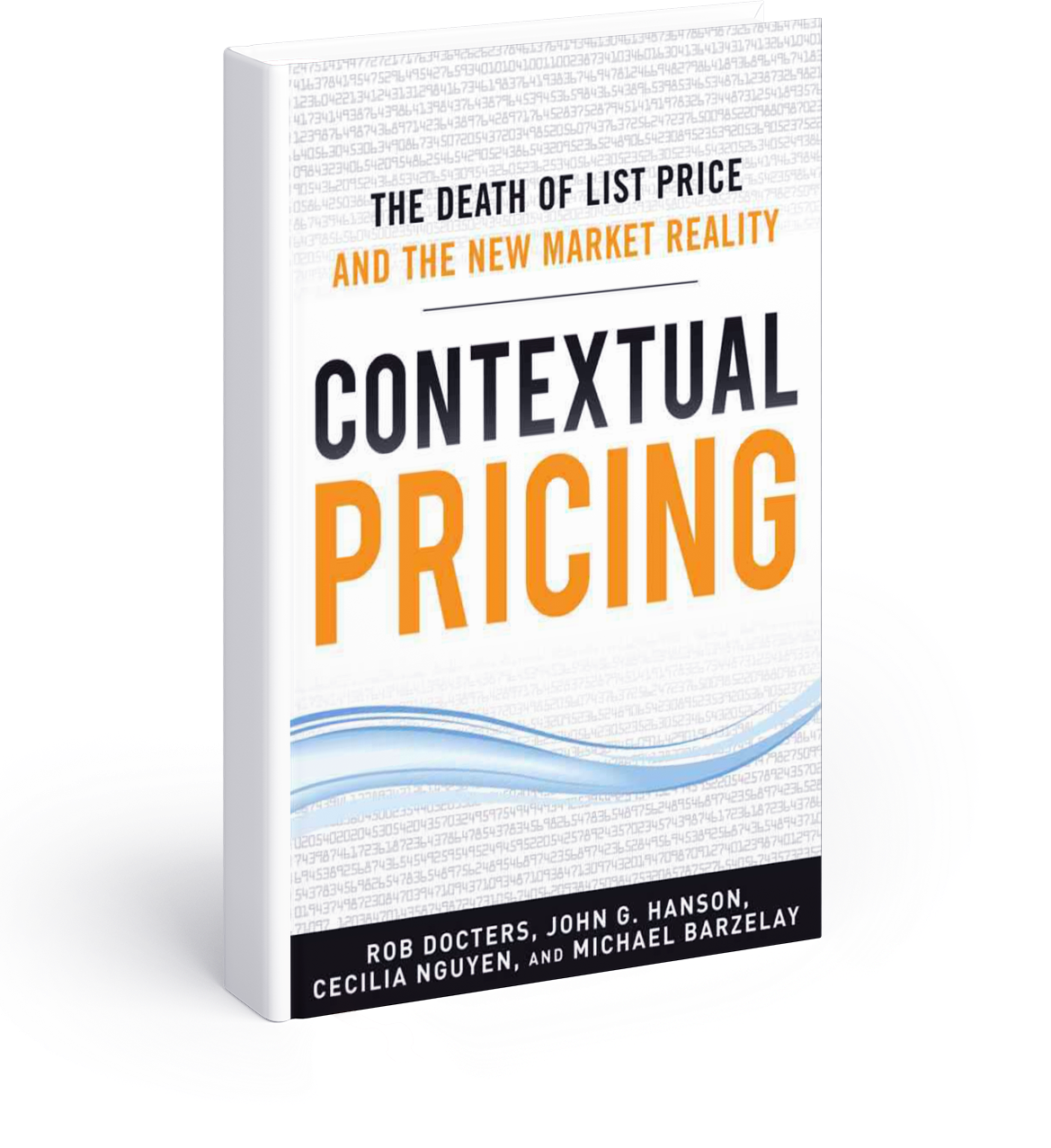Books
Ethics and Hidden Greed
Trust. Loyalty. Friendship. Once the building blocks of good business relationships, their absence today makes it increasingly difficult to know whom to trust. It’s so pervasive in our culture, it shows up not only in our headlines but in our entertainment—American Greed, Knives Out, The Wolf of Wall Street, Succession, Empire, Arrested Development, and many more.
The authors of ETHICS AND HIDDEN GREED: Your Defense Against Unethical Strategies and Violations of Trust (May; 2023), Rob Docters and Hans Gieskes, report that 92 percent of respondents in their survey fear falling victim to the tactics of unethical strategies.
So, how do we protect ourselves and our business interests from the unethical behaviors of others? And why doesn’t intuition serve as the best guide for detecting unethical strategies? How can consumers and businesses detect greed?
To help readers navigate these treacherous waters, Docters and Gieskes connect foundational ethical principles to gritty real-world cases and offer the building blocks and counter-strategies you need to fight greed. The most potent tools in their arsenal include:
- Detailing how greed has evolved and why it succeeds today.
- Learning how trust really works, rather than how we think it works.
- Developing the skill of trusting with discernment.
- Applying, and being able to communicate, concrete, ethical rules.
At the core of the solution is understanding the often forgotten rules of ethics. In ETHICS AND HIDDEN GREED, the authors go to the source and discuss the founder of the Cambridge Utilitarian School of Ethics, Professor Henry More, as well as major influencers from history, including Kant, Plato, Aristotle, Erasmus, and others. By comparing More’s work to modern business and social practices, they reveal how fortunes have been amassed at the expense of the people, and what we can do about it.
ETHICS AND HIDDEN GREED may change your view of what is greedy and how greed
impacts you.
Contextual Pricing
A few leading companies have jettisoned ideas about pricing that other companies believe are indispensible. The result has been superior performance against competitors who persist in a simplistic 1990s belief in “value.”
Contextual Pricing describes how buyers are influenced by comparison points and contextual messages more than by actual price levels. Identical products can sell at radically different prices to the same target customer―if context is strategically managed. This fact is how Procter & Gamble, GE, Coca-Cola Company, Amazon, Google, Microsoft, and others make sure they get the best possible price. The use of context is changing the way companies price and sell in the new global economy.
This readable and market-tested book describes the contextual pricing perspective, how it is being used in B2B and B2C markets, and how you can make the shift to contextual pricing in your own business. Whether you’re a CEO, P&L manager marketing director, sales manager, or entrepreneur, Contextual Pricing shows you how to:
- Understand how your customer will make buying decisions and the role of pricing in those decisions
- Establish better, more intuitive prices using context
- Develop contextual pricing strategies that defeat competitor pricing―how contextual pricing can be the antidote to destructive price wars
- Harmonize your pricing with branding, product development and channel strategies
- Increase your profits with proven pricing tools, such as scientific bundling, tiering, branding, upsell “hooks” and more
- Through its illuminating case-by-case studies, Contextual Pricing delivers a wide range of pricing techniques and customer insights that you won’t find anywhere else. You’ll learn how to avoid common pitfalls when raising or lowering prices and discover how you can compete in traditional or emerging digital marketplaces―and beat the competition through superior tactics, not through lower margins.
- When you know the secrets of Contextual Pricing, you can name your price, drive your sales, increase your profits, and own your success.
Rob Docters
Ethicist, Lecturer, Author
© Copyright 2023 All Rights Reserved | Site Designed by Graphical Solutions


